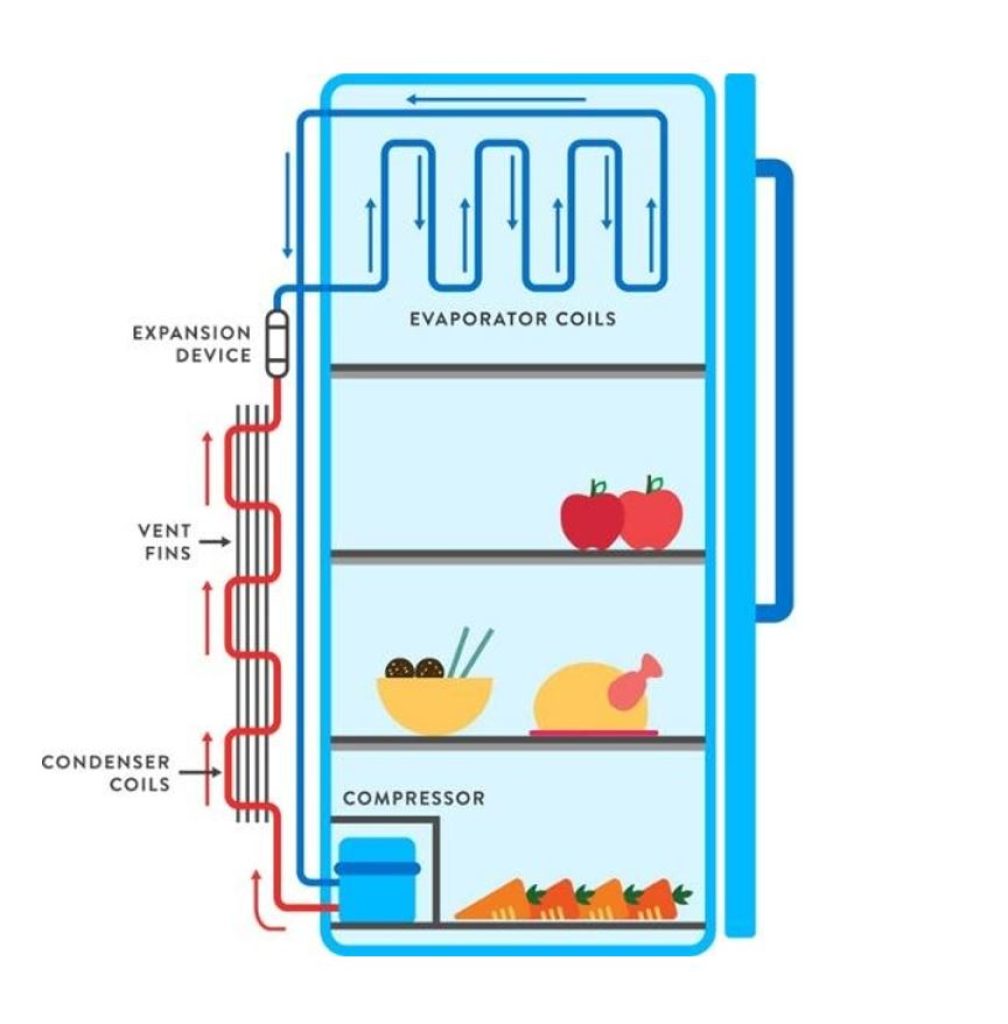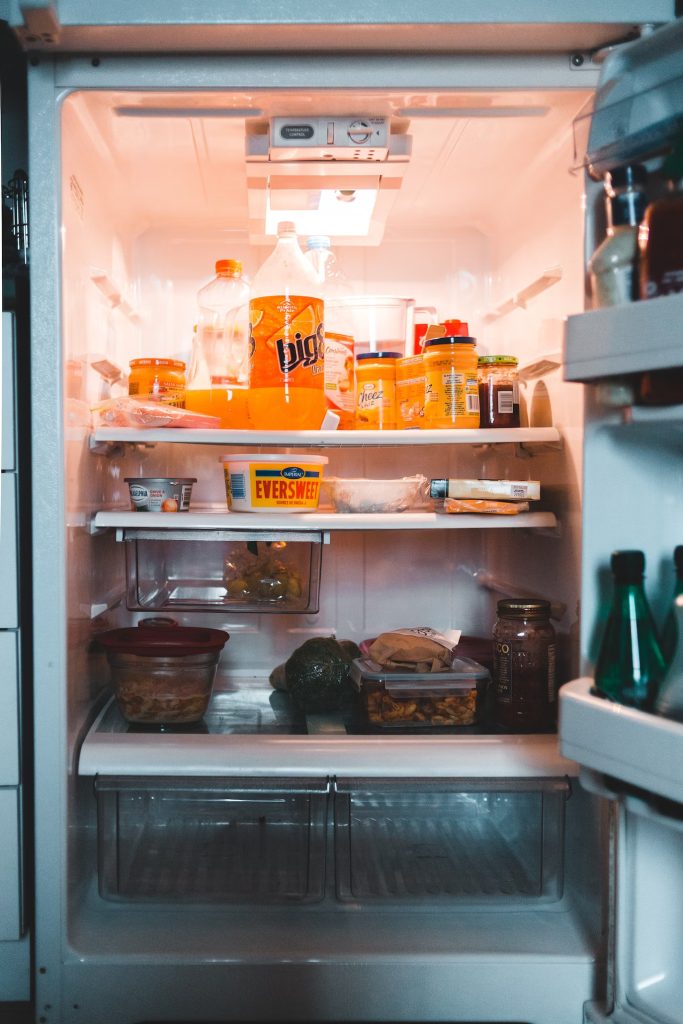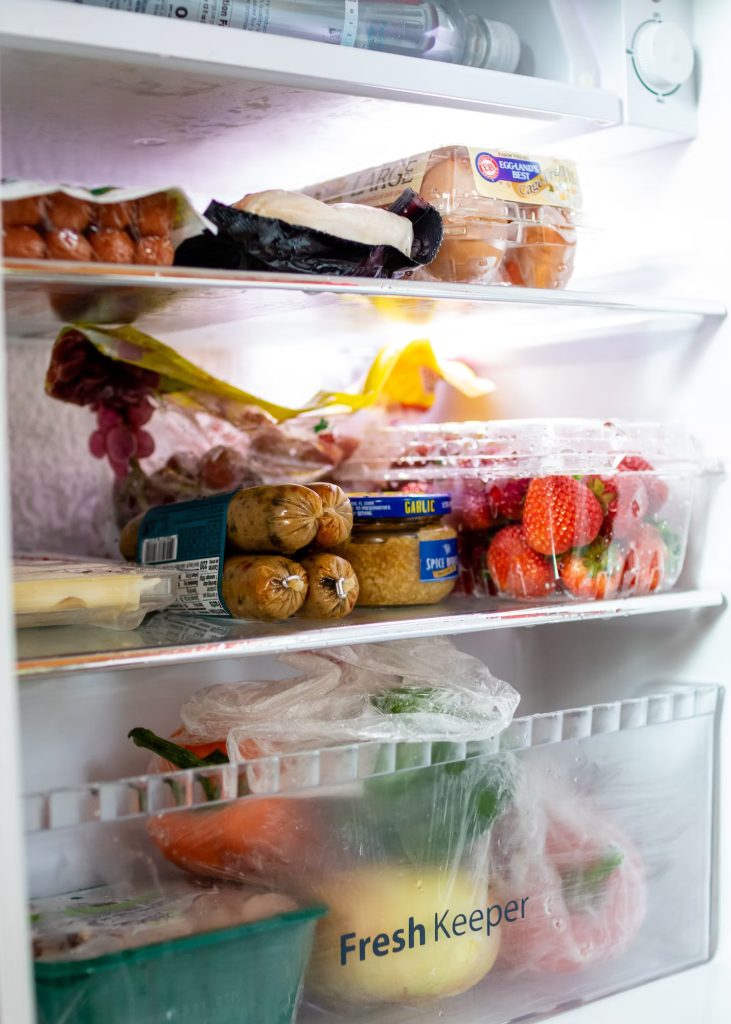Your refrigerator is one of the most important appliances in your home. It helps keep your food fresh and safe to eat. But how do you know if your refrigerator is running properly? One way to check is to monitor how long it runs before shutting off.
In general, a refrigerator should run for about 8 hours per day. However, this can vary depending on a number of factors, such as the age of the refrigerator, the size of the refrigerator, the ambient temperature, and how often the door is opened.
If your refrigerator is running for more than 10 hours per day, it may be a sign that something is wrong. Here are a few possible problems:
- The compressor may be working too hard. This can be caused by a number of things, such as a dirty condenser coil, a faulty thermostat, or a refrigerant leak.
- The door may be opening too often. This can cause the refrigerator to lose cold air and have to work harder to maintain the correct temperature.
- The refrigerator may be too full. This can restrict airflow and make it harder for the refrigerator to cool down.
If you think your refrigerator may be running too long, it’s a good idea to call a qualified technician to have it checked out.
In this article, we will discuss how long your refrigerator should run before shutting off, how to tell if your refrigerator is running too long, and what to do if it is. We will also provide some tips on how to prevent your refrigerator from running too long.
How Does a Refrigerator Work?
Understanding the functioning of a refrigerator is key to determining its run time. Let’s take a closer look at how it works:
The Cooling Process
A refrigerator operates through a cycle of compression and expansion of refrigerant gases. The process begins with the compressor compressing the refrigerant, raising its temperature. The hot, pressurized gas then flows through the condenser coils, located at the back or bottom of the fridge, where it dissipates heat and transforms into a cooler liquid.

Next, the liquid refrigerant passes through an expansion valve, rapidly expanding and causing a drop in temperature. This cold, low-pressure refrigerant circulates through the evaporator coils inside the refrigerator, absorbing heat from the contents and cooling them down.
The Role of Refrigerant
Refrigerant plays a crucial role in the cooling process. It absorbs and releases heat, enabling the refrigeration cycle. Common refrigerants used in refrigerators include hydrofluorocarbons (HFCs) and hydrochlorofluorocarbons (HCFCs).
How Long Should a Refrigerator Run?
The ideal run time for a refrigerator can vary depending on several factors. Let’s explore these factors and gain insight into the average run time of refrigerators.
Factors Affecting Refrigerator Run Time
- Age of the Refrigerator: Older refrigerators may require longer run times due to less energy-efficient components or wear and tear.
- Refrigerator Size: Larger refrigerators generally have longer run times as they need to cool a larger space.
- Ambient Temperature: The surrounding temperature affects the cooling efficiency of the refrigerator. In hotter climates, the fridge may run for extended periods to maintain the desired internal temperature.
- Frequency of Door Opening: Each time the refrigerator door is opened, warm air enters, and the appliance compensates by running longer to restore the optimal temperature.

Average Run Time of Refrigerators
On average, a refrigerator runs for about 8 hours per day. However, this duration can vary based on the factors mentioned above. Modern refrigerators with energy-efficient features tend to have shorter run times due to improved insulation and compressor technology.
Signs of Excessive Run Time
If your refrigerator runs for more than 10 hours per day, it may indicate potential issues. Keep an eye out for the following signs:
Checking the Temperature
Monitor the temperature inside your refrigerator. It should ideally range between 35 and 40 degrees Fahrenheit (1.6 to 4.4 degrees Celsius). Higher temperatures may indicate improper cooling and an extended run time.
Listening for Noise
A refrigerator running for an extended period might produce unusual noises. Excessive noise could be a sign that the compressor is working harder than necessary, potentially leading to prolonged run times.
Checking the Condenser Coil
Inspect the condenser coil, located at the back or bottom of the refrigerator. If it is dirty or clogged with dust, it can impede heat dissipation, causing the refrigerator to run longer. Regularly cleaning the condenser coil helps maintain efficient cooling and optimal run time.

How to Prevent Your Refrigerator From Running Too Long
To ensure your refrigerator runs efficiently and doesn’t exceed the recommended run time, consider the following preventive measures:
Keeping the Door Closed
Minimize the frequency of opening the refrigerator door. Each time it is opened, cold air escapes, and the appliance needs to work harder to restore the optimal temperature. Be mindful of keeping the door closed as much as possible.
Avoiding Overfilling
Avoid overcrowding your refrigerator, as it restricts proper airflow and can lead to longer run times. Allow sufficient space between food items for air circulation. A well-organized fridge facilitates efficient cooling.
Cleaning the Condenser Coil
Regularly clean the condenser coil to remove dust and debris. This ensures optimal heat dissipation, reducing the refrigerator’s run time. Consult your refrigerator’s manual for specific instructions on cleaning the condenser coil.
Regular Servicing
Schedule regular servicing by a qualified technician to inspect and maintain your refrigerator. Professional maintenance can identify any underlying issues that may cause prolonged run times, ensuring optimal performance.
Conclusion
Monitoring the run time of your refrigerator is essential for its efficiency and longevity. With an understanding of the average run time, signs of excessive run time, and preventive measures, you can ensure optimal performance and energy efficiency. By implementing these guidelines, you’ll maintain your refrigerator’s functionality and avoid unnecessary energy consumption.
FAQs
How often should I clean the condenser coil of my refrigerator?
It is recommended to clean the condenser coil of your refrigerator at least once a year. However, if you have pets or live in a dusty environment, more frequent cleaning may be necessary.
Can placing hot leftovers directly in the refrigerator affect its run time?
Yes, placing hot leftovers directly into the refrigerator can increase its run time. Allow hot items to cool at room temperature before placing them in the fridge to minimize the workload on the appliance.
Should I unplug my refrigerator if I’m away for an extended period?
If you plan to be away for an extended period, it is advisable to empty your refrigerator, clean it thoroughly, and unplug it. Leaving the door slightly ajar can prevent unpleasant odors and mold growth.
How can I check if my refrigerator is energy-efficient?
Look for the ENERGY STAR label when purchasing a new refrigerator. The ENERGY STAR certification indicates that the appliance meets strict energy efficiency guidelines.
What should I do if my refrigerator keeps running continuously without shutting off?
If your refrigerator runs continuously without shutting off, it may indicate an underlying issue. Check the temperature settings, clean the condenser coil, and if the problem persists, contact a qualified technician for further inspection and repairs.
Thank you for reading our article on how long your refrigerator should run before shutting off. If you have any further questions, feel free to reach out to us.
See Also:
- Choosing an Energy Efficient Refrigerator
- 10 best refrigerators under $500
- Best Mini Outdoor Fridge
- What Extra Features Should I Look For In A Refrigerator?
- How Does A Refrigerator Work?
- What types of technical problems are common with refrigerators?
- Outdoor Refrigerator Accessories – Covers, Casters, and Shelves
- 12v vs 110v Outdoor Refrigerators: Which One is Right for You?
- Brand Comparison: Engel vs Dometic vs Norcold vs Whynter – Outdoor Kitchen Picks
- check out Answering Your Common Outdoor Refrigerator Questions [FAQ]
- The Best Outdoor Refrigerators of 2023: A Comprehensive Guide
- What are the best portable outdoor refrigerators for camping trips?






